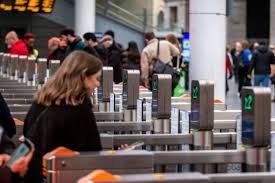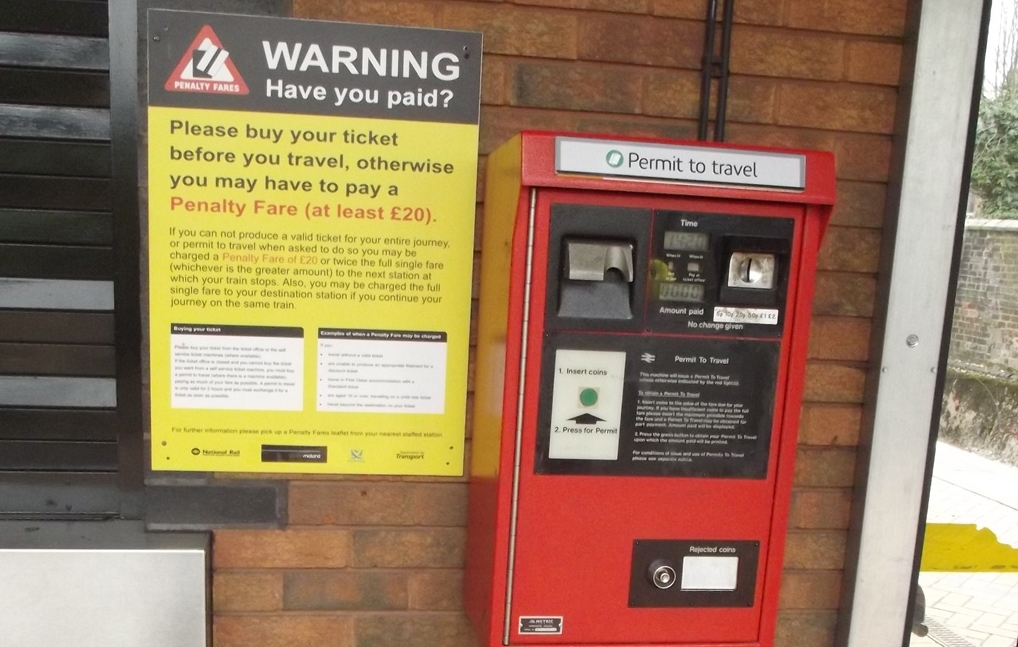Fare evasion disputes with UK transport operators can be intimidating and confusing, especially if you are unsure how best to respond. Whether you have received a penalty fare notice for forgetting to tap in or are facing more serious allegations about intentional fare dodging, the pressure to settle quickly often weighs heavily. As a veteran solicitor experienced in fare evasion matters, I understand how easily a small oversight can escalate into a stressful situation.
This article offers five practical tips to help you resolve disputes with UK transport operators. It explores why these disputes arise, how to communicate effectively, and what legal avenues are available if an operator refuses to cooperate. By following this guidance, you can increase your chances of achieving a fair outcome, whether that means a successfully appealed penalty, an agreeable settlement, or clear instructions on how to move forward should legal action be unavoidable.
Understanding Fare Evasion Disputes
UK transport operators take fare evasion seriously, applying strict liability principles that hold passengers accountable for travelling without a valid ticket or sufficient funds on their Oyster or contactless card. If caught, you can be issued a penalty fare notice, often demanding prompt payment or an appeal within a fixed deadline. Failing to comply can result in increased fines, court summons, or even a criminal record in extreme cases.
While you may feel singled out or unfairly targeted, it is important to remember that transport operators are mandated to protect revenue streams and maintain fairness among paying customers. Therefore, if you are accused of fare evasion, showing good faith, providing a clear account of events, and taking timely, organised steps can significantly improve your position.
Gather Relevant Evidence and Documentation
Effective dispute resolution starts with having the right proof at your fingertips. Many fare evasion issues stem from misunderstandings, such as zone confusion, a malfunctioning ticket machine, or an incorrect assumption about a season pass's validity. The more credible evidence you can present, the easier it becomes to convince transport operators that your case merits serious consideration.
Photographic or Digital Records
Taking pictures of broken ticket machines or poorly marked travel zones can go a long way in supporting your version of events. Similarly, screenshots of your online ticket purchase history, Oyster journey records, or bank statements showing attempted contactless payments can help confirm your efforts to travel legitimately.
Witness Statements
If friends, family, or even fellow passengers can corroborate your account, for instance, that you did attempt to buy a ticket but a queue was too long, or that the machine displayed an error message, ask them for written statements. While operators are not always obliged to accept these, credible eyewitness accounts often strengthen an appeal or negotiation process.
Correspondence with Staff
In many cases, travellers speak with train or bus staff about issues like expired tickets or non-functioning taps. If you had a conversation with a conductor or station manager who provided contradictory advice, note down their name or staff ID. Having a record of these communications could prove invaluable in demonstrating good faith.
Maintain a Calm, Polite Tone in All Interactions
Emotions can run high in fare evasion disputes. It is not uncommon to feel distressed or outraged, particularly if you believe the penalty is unfair. However, adopting an aggressive or dismissive tone in letters, emails, or phone calls with transport operators may harm your case. Instead, aim for clarity, professionalism, and courtesy at every stage.
Be Concise and Specific
Providing irrelevant details or lengthy rants can obscure your main points. Articulate the core of your dispute, why you believe the operator's penalty is incorrect or overly harsh, and cite any supporting evidence succinctly. When responding to official notices or writing an appeal, structure your points in an easy-to-follow format.
Respect Deadlines
Whether you are required to pay within a certain timeframe or asked to appeal a penalty fare notice in writing, note the deadline immediately and plan your response accordingly. Missing these deadlines might allow the operator to escalate the matter without considering your side thoroughly.
Keep Records of Communication
Every phone call, email, or posted letter should be documented, including the date, the recipient, and a summary of what was discussed or written. These records can help you track progress and ensure consistency in your statements, preventing any perception that your story has changed over time.
Consider Negotiations or Settlements
Not every fare evasion dispute ends in a formal appeal decision or court hearing. In many scenarios, transport operators are open to reaching a settlement, particularly for first-time offences or cases where the passenger shows genuine willingness to rectify the issue. Negotiations can often bring a quicker, more cost-effective resolution for both parties.
Show Good Faith
If you admit a genuine mistake, perhaps you boarded in a hurry and forgot to tap your card, express remorse and demonstrate your desire to settle matters amicably. Offer to cover the unpaid fare plus any reasonable administration fee. Operators are often more inclined to accept a settlement if they believe you did not act in bad faith.
Propose a Fair Amount
An honest attempt to compensate the operator for their lost revenue plus a modest penalty can seem more appealing than pushing a case to court. If you have documentation to show you tried to make payment or were confused by signage, highlight it as evidence that you did not intend to avoid payment outright.
Avoid Delays
The longer you wait to propose a settlement, the greater the likelihood an operator will decide to escalate the issue. Promptly initiating negotiations, ideally within the timeframe stated on your penalty fare notice, demonstrates responsibility and can help operators see you as a cooperative passenger rather than a defiant fare evader.
Seek Advice from a Fare Evasion Specialist
While many fare evasion disputes can be handled independently, certain circumstances warrant professional guidance. If you are facing repeated penalties, large fines, or threats of prosecution, particularly if the operator accuses you of fraudulent actions, you may benefit from consulting a solicitor experienced in fare evasion law.
Complex Cases
Serious allegations, like using someone else's travel card, forging tickets, or owing substantial amounts, can lead operators to escalate quickly. A solicitor can help you compile the most effective evidence, draft carefully worded communications, and negotiate for a reduced penalty or out-of-court settlement.
Court Summons
If a transport operator has issued a court summons or is on the verge of doing so, seek legal counsel promptly. Court proceedings for fare evasion can result in a criminal record if you are found guilty. A solicitor can represent you in court, introduce mitigating factors, and potentially avoid harsh penalties by arranging a last-minute settlement.
Protecting Your Long-Term Interests
Certain professions and immigration statuses may be significantly impacted by even minor convictions. If a negative outcome could jeopardise your career or residency, legal advice is often a prudent investment that may spare you far greater costs in the future.
Know and Exercise Your Appeal Rights
Appealing a penalty fare notice is sometimes the most direct way to clear your name or reduce fees. Each operator typically has its own appeals process, but most revolve around a structured review system. Submitting a thorough, well-evidenced appeal within the specified time limit is critical.
Conclusion: Overcoming Fare Evasion Disputes Through Effective Communication and Strategic Planning
Resolving a dispute with UK transport operators over alleged fare evasion need not be an uphill battle. By gathering relevant evidence, maintaining a calm tone, and demonstrating willingness to negotiate or appeal, many passengers find mutually agreeable solutions that avert hefty fines or criminal records. If your situation escalates, whether through repeated penalties or complex allegations, professional legal support can make the difference between a swift settlement and a costly legal fight. Above all, timeliness and clarity are key; by acting decisively, you stand the best chance of achieving an outcome that safeguards both your finances and your reputation.



